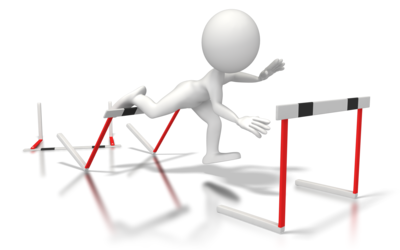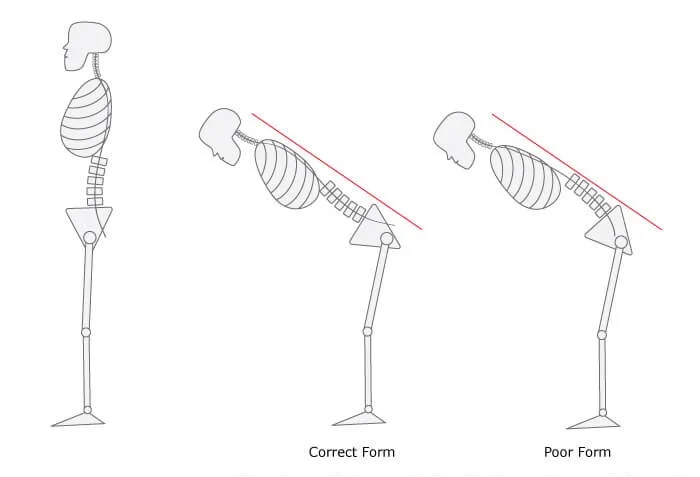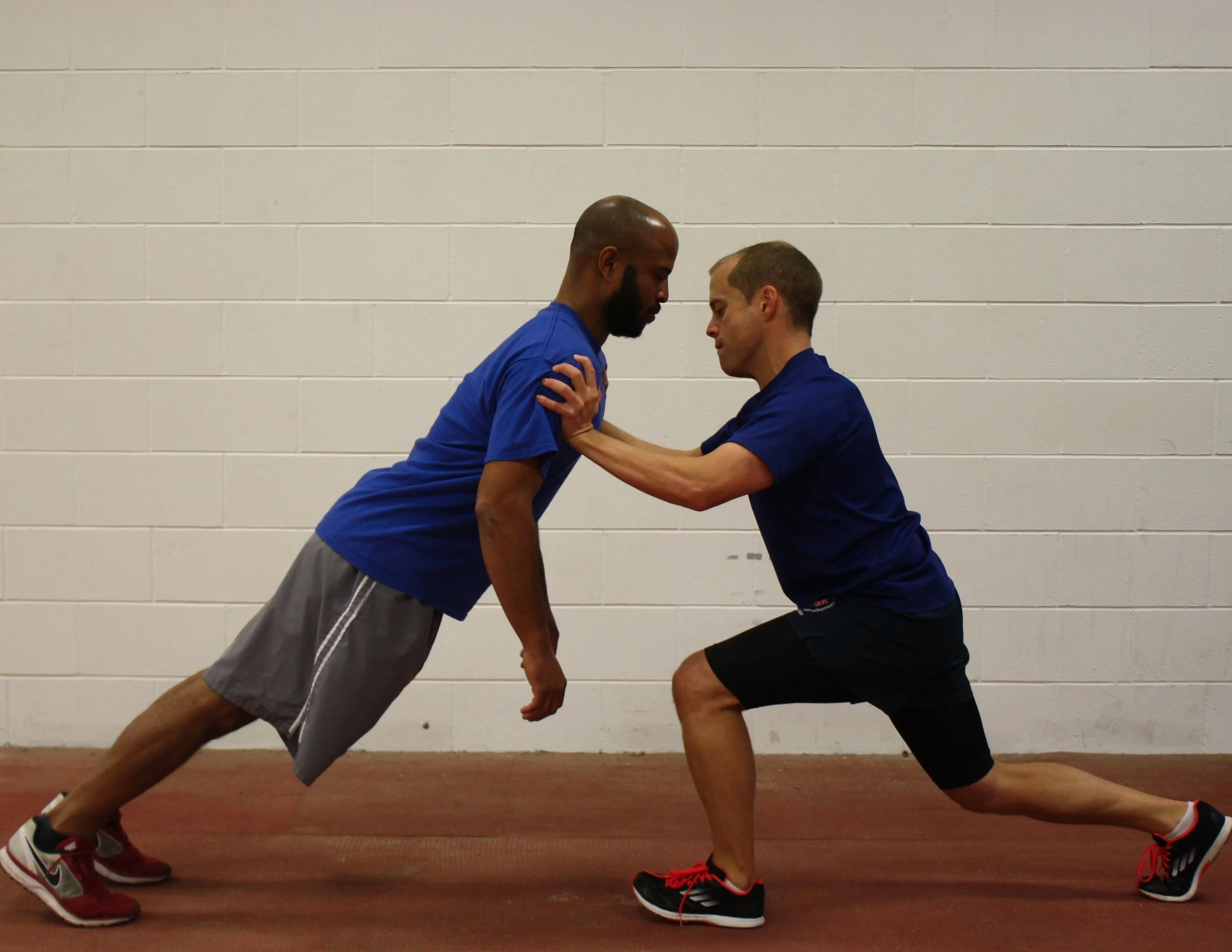Sleep is essential to sustaining life. Yet the majority of us are casually dismissive when it comes to sleep. We routinely deny ourselves this most critical sustenance of our own volition. The attitudes towards sleep among high performing individuals in different realms and society in general are quite baffling. We also largely fail to make the connection between the reckless lack of care and attention we give to our sleep and the dizzying array of consequences that inevitably follow. Objectively this behaviour is bizarre, and our failure to prioritise sleep defies logic. With this latest Informed Blog we explore the myriad ways you lose when you don’t snooze sufficiently.
Traits of Elite Coaches and High Performing Practitioners
In this latest offering we explore some of the traits that differentiate the best coaches and practitioners in their fields. One disclaimer before we start is that this post is based on observational study. To some degree the themes we explore reflect wisdom shared by prominent individuals via different forums and media. However, I unapologetically give more weight to traits and behaviours that I have directly observed. I have been fortunate to interact with a representative sample of these exceptional individuals across multiple sports in various contexts; this has provided the opportunity to see how they approach their work with ‘live’ athletes in different scenarios, as opposed to how individuals claim they act and operate in practice. The themes we explore are therefore more a product of this direct observation, rather than simply distilling what has been presented elsewhere.
Informed Shorts: Making New and Better Mistakes
As the saying goes, there is no success without struggle. The fear of making mistakes can become disabling, particularly if our aim is to try something new or different. So perhaps we need to to reframe how we think about making errors to avoid being too constrained by the desire to not get it wrong. The quest to be creative and innovative in our problem solving necessitates having the freedom to try new and different things. This principle applies whether we are seeking to explore new questions, or find different solutions to existing questions.
Informed Shorts: 'Meta Abilities' for Coaches, Practitioners and Athletes
In this second ‘Informed Short’ we explore the concept of meta-abilities, and unpack the superpowers that we can harness to enhance our practice in a variety of realms as coaches and practitioners in sport, and educate our athletes to make use to these tools for themselves. We can define meta-abilities as ‘higher order’ skills. A defining characteristic of meta-abilities is that they effectively determine how well we are able to make use of our other capabilities.
Informed Shorts: Is 'Hip Hinge' Really a Fundamental Movement?
The Why, What, and How of Coaching Movement: Part 3
The current post is the culmination of a three-part series on coaching athletic movement. In the opening part of the series, we delved into the ‘why’, and sought to elucidate what roles we have to play in this space. With part two we got into the ‘what’, and proposed that the lenses of mechanical effectiveness and efficiency might unite our aims in both performance and injury realms. With this final instalment, we get into the ‘how’, and provide some practical guidance on how we might deliver what we outlined in part two, and ultimately fulfill the roles we identified in part one.
The Why, What, and How of Coaching Movement: Part 2
As practitioners we are all essentially coaches, and in our various realms we find ourselves directing athletes on how we want them to move. In the first part of this 3-part post we delved into the why, as we attempted to elucidate what roles we should play, and define what objectives we should be seeking to fulfil when providing instruction to athletes. With this second part on coaching movement we get into the 'what'.
The Why, What, and How of Coaching Movement: Part 1
In an early post entitled ‘The Rise of the Movement Specialist’ we identified an apparent gap in the technical input and direction provided to athletes when it comes to athletic movement skills. The appearance in recent times of hordes of self-styled ‘movement specialists’ seeking to fill the void, or rather recognising a niche in the market, is indicative that something is presently lacking. With this 3-part post we attempt to tackle the question of what our role is in this space, and offer some guidance on how we can do better.
In this first part of the 3-part series, we start with ‘why’…
Perils of Binary Thinking and Polarised Debates
For a practitioner who spends any time on social media it is easy to get the sense we are in the death throes of informed debate. Authorities (often self-proclaimed) seem to constantly spew forth evangelical proclamations, push their ideology and promote others who espouse their doctrine, and decry those who express contrary views. Sadly, it appears there are no shortage of young zealots eager to answer the call to join the modern crusades conducted on a social media battlefield. In this post we will explore the trend for binary thinking and polarised arguments that fuels the tribalism we see on these platforms, and how this is increasingly creeping into sports science and medicine circles. We will then attempt to plot a path back from the edge of the abyss, and bridge the divide between factions to allow us to return to real debate.
Rejecting the Industry
Practitioners across different domains will be familiar with their field of practice being referred to as an 'industry'. We frequently hear mention of the strength and conditioning industry, the sports physiotherapy industry, even the sports coaching industry. In this post we consider these trends for terming our professions in this way, and explore why an 'industry approach' might be problematic. From these discussions we can attempt to plot a path back to cultivating our craft, and restoring pride in our chosen profession by rejecting this ‘industry’ mindset.














